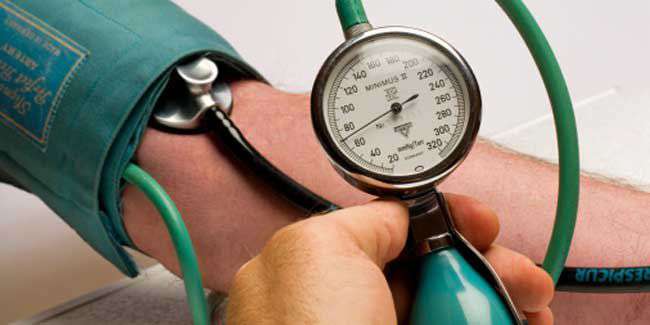Malignant hypertension is extremely high blood pressure that comes suddenly. The lower blood pressure which usually is 80 mmHg often goes above 130mm Hg.
The condition affects almost 1 percent of population with high blood pressure. It also occurs in people who suffer from:
- Collagen vascular disorders like systemic lupus erythematosus, systemic sclerosis and periarteritis nodosa
- Kidney diseases
- Toxemia of pregnancy
Also, people who suffer from kidney failure or renal hypertension are at higher risk.
Symptoms of malignant hypertension
The signs and symptoms of malignant hypertension include:
- Blurred vision
- Anxiety, confusion, decreased alertness, reduced ability to concentrate, fatigue, restlessness, sleepiness, stupor, lethargy
- Chest pain
- Cough
- Headache
- Nausea or vomiting
- Numbness of arms, legs, face or other parts
- Reduced urine output
- Seizure
- Breathlessness
- Weakness of arms, legs, face or other parts
Treatment for malignant hypertension
To bring the high blood pressure under control, you will have to stay in hospital. Medications will be given through vein to reduce the blood pressure. If fluid occurs in your lungs, medicines called diuretics will be given to remove the body fluid. If there is a chance of heart damage, medications will be given to protect the heart.








